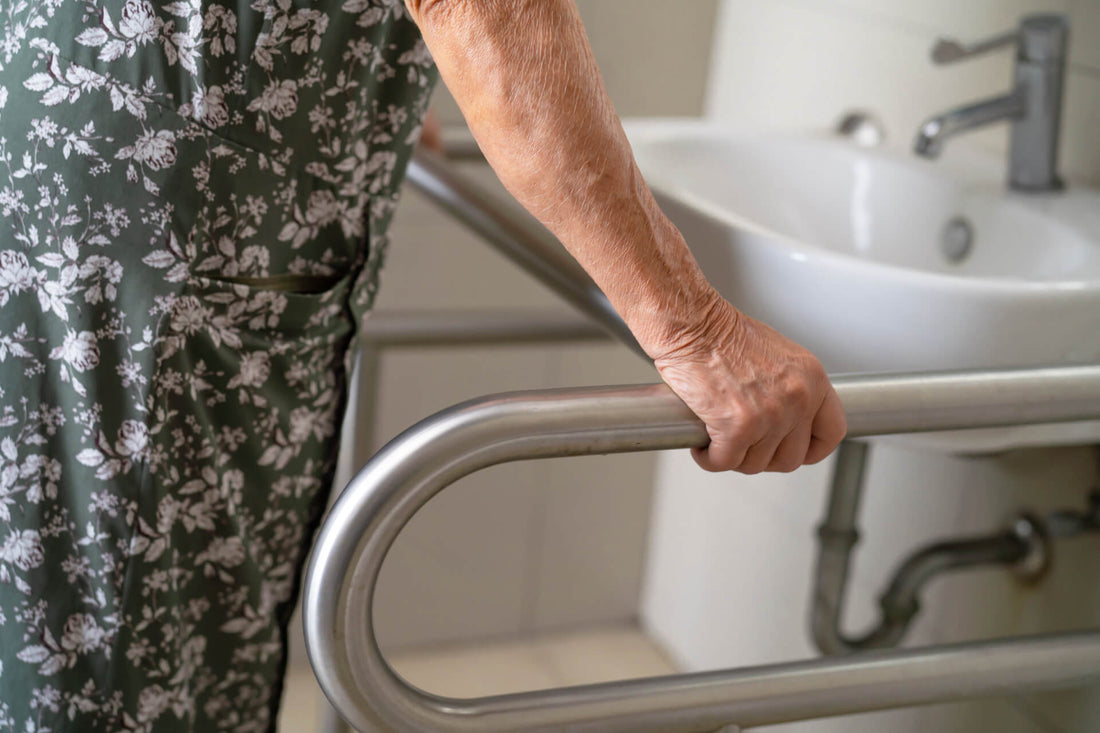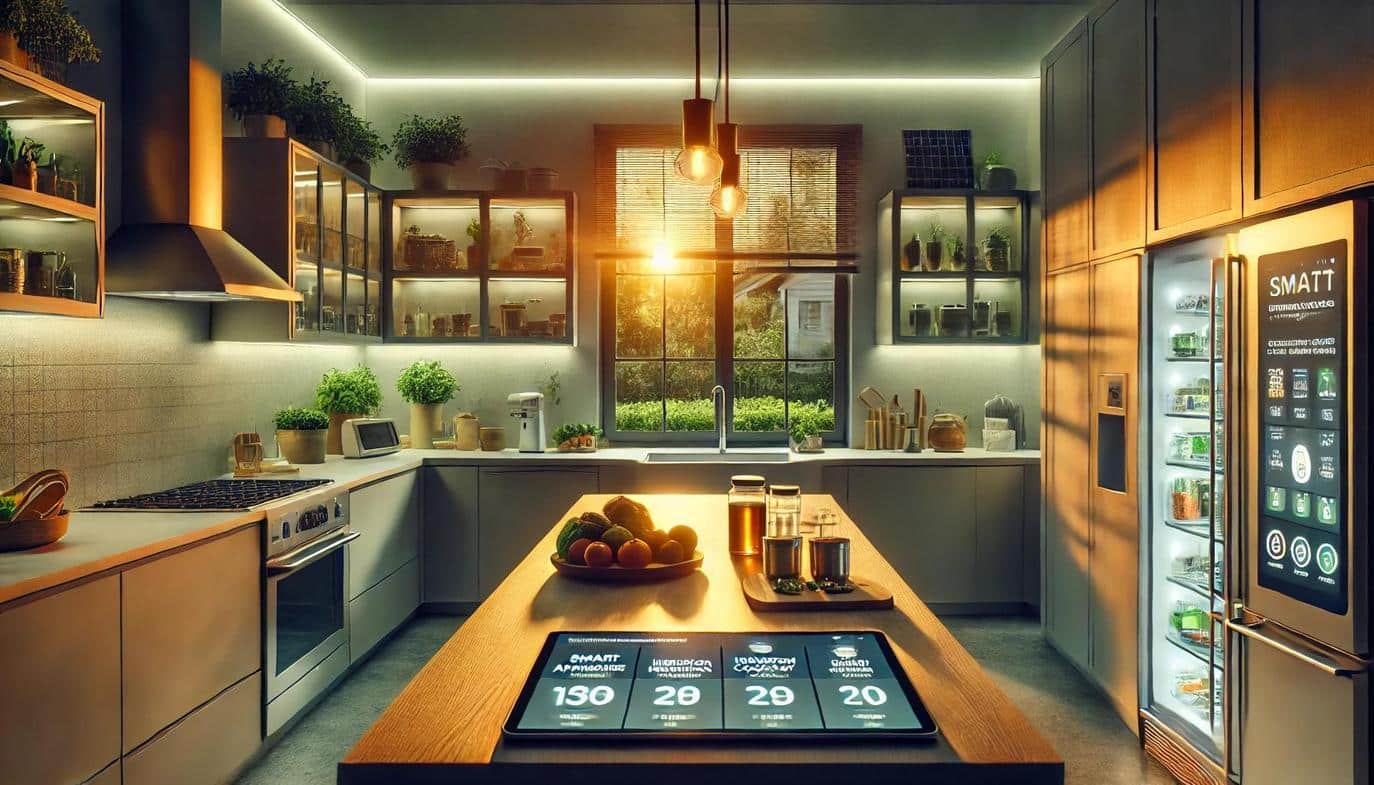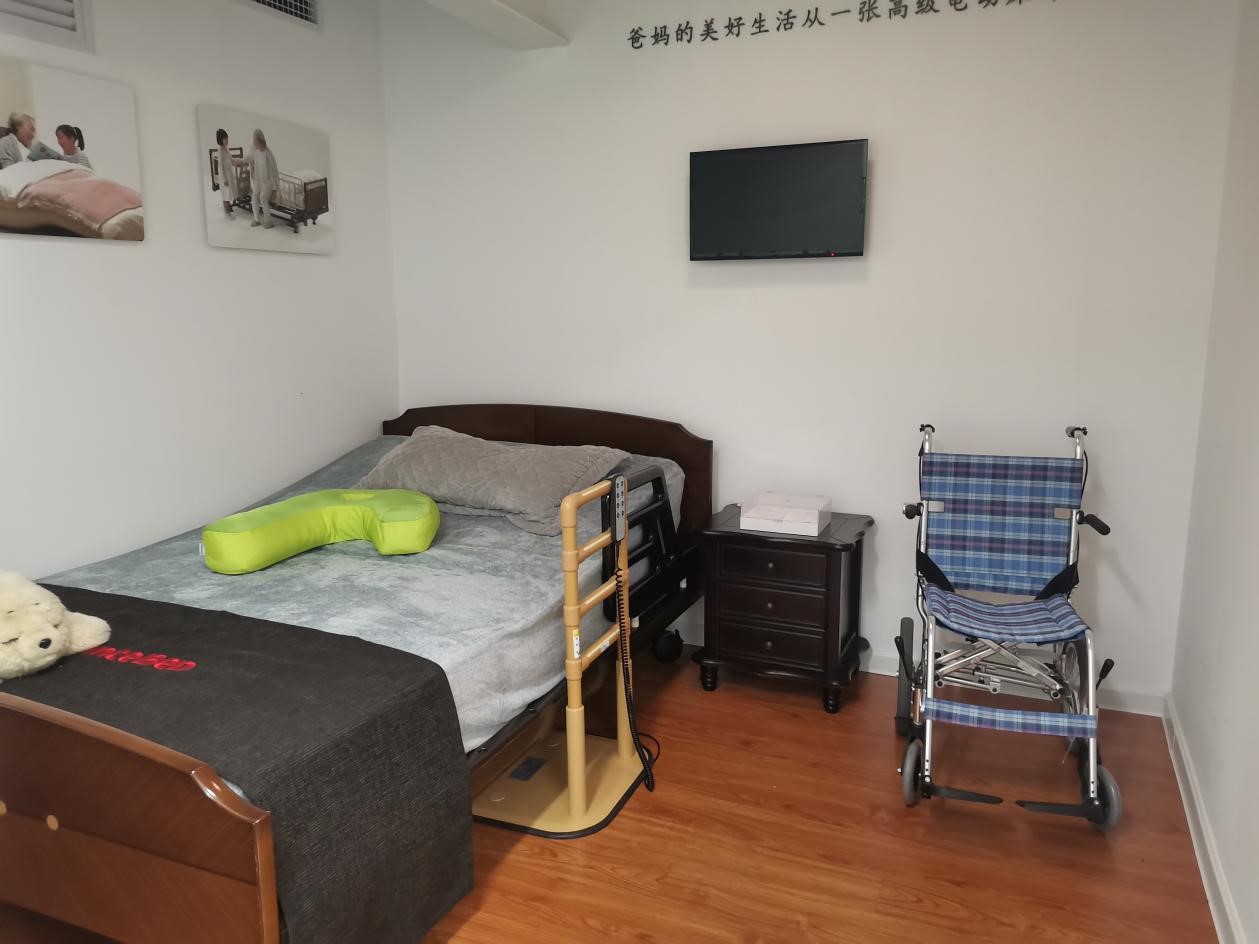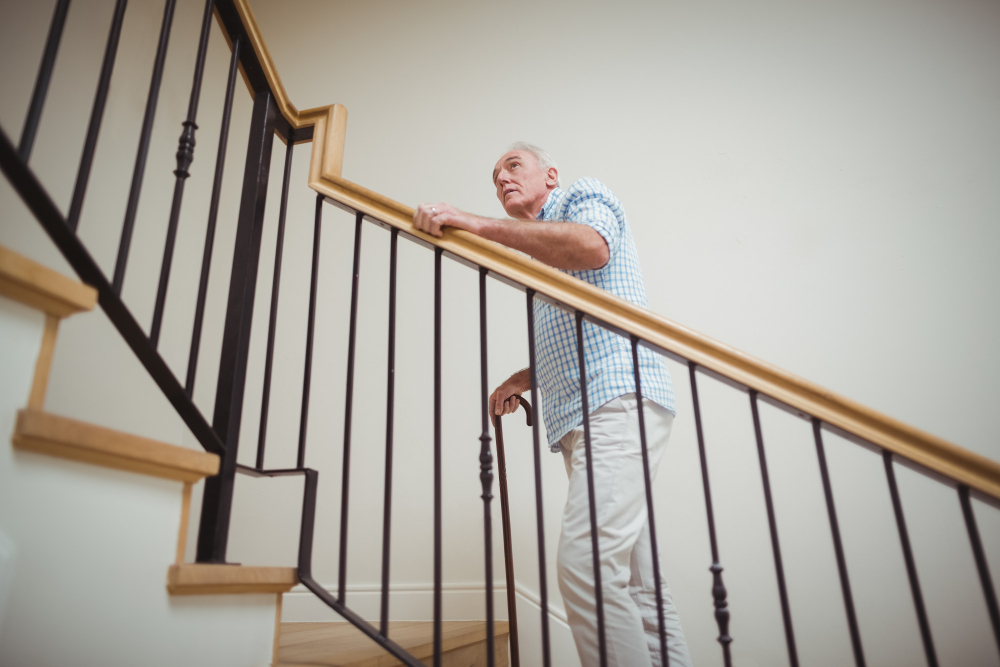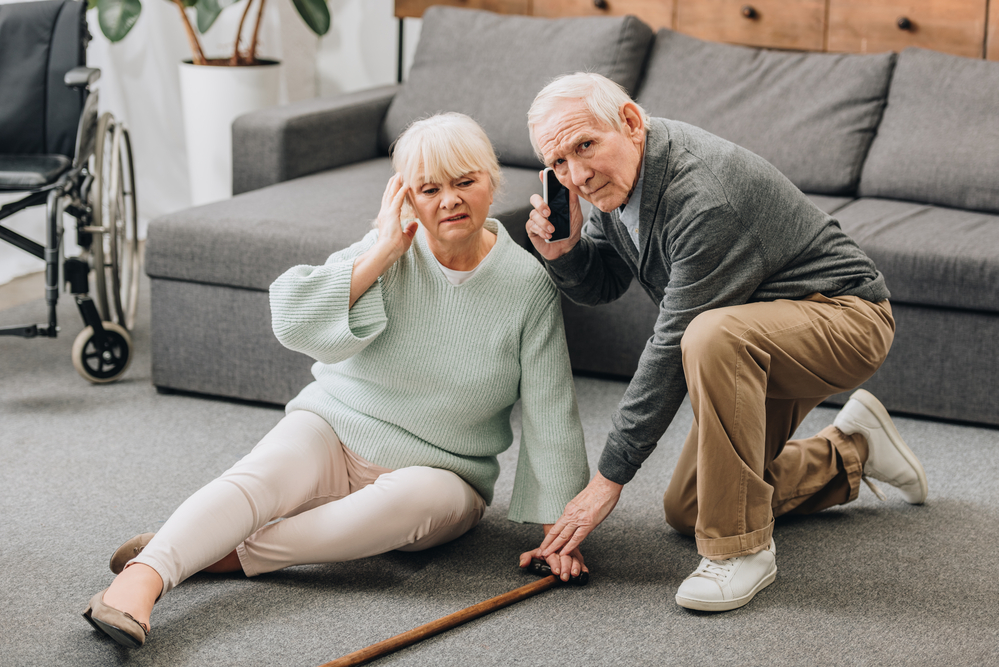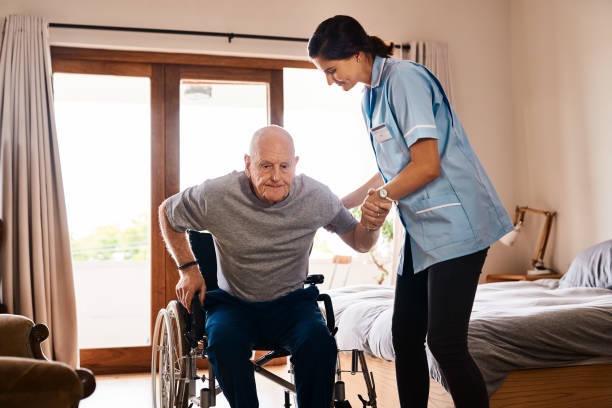In today’s rapidly advancing technological world, home monitoring systems for elderly have become an essential tool for ensuring the safety and independence of our aging loved ones. As our population ages, the need for effective solutions to help seniors live independently and safely at home has become a top priority. These systems provide peace of mind to both the elderly and their caregivers, offering a way to monitor and respond to emergencies quickly. This article will delve into how these systems work, their benefits, and considerations for choosing the right system.
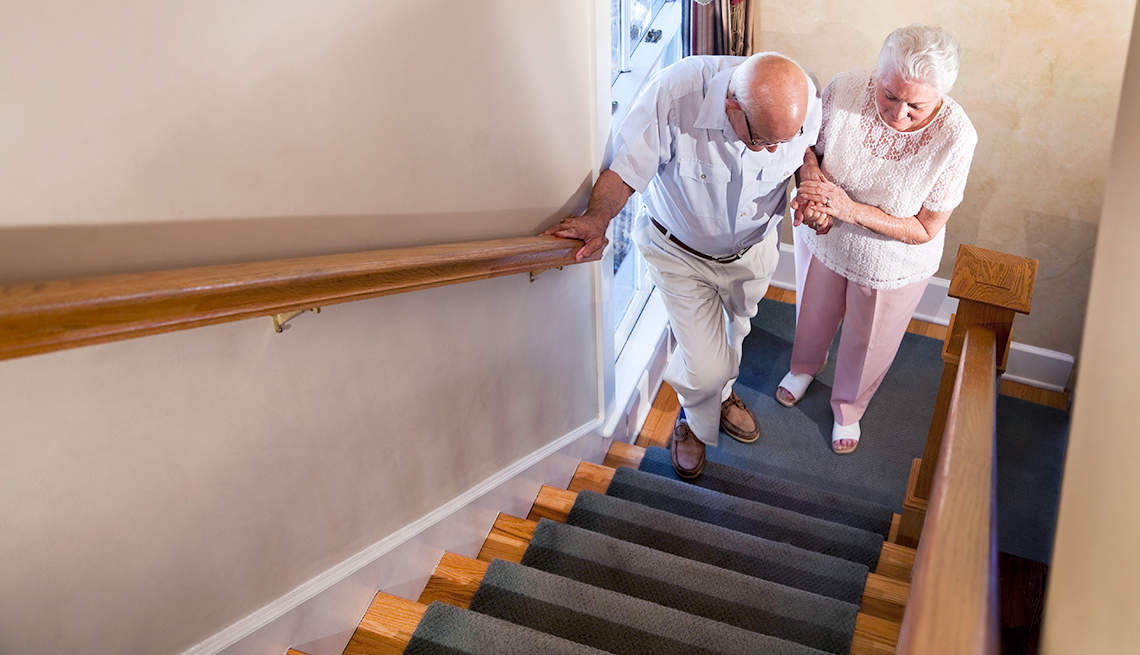
Understanding Home Monitoring Systems for Elderly
Home monitoring systems are designed to keep track of various activities and conditions within a senior’s home. These systems can range from simple devices that detect motion to comprehensive setups that include medical alert systems, fall detectors, and even smart home integrations. The primary goal is to ensure that help is readily available in case of an emergency, while also allowing seniors to maintain their independence.
Key Features of Home Monitoring Systems
Emergency Response
One of the most critical features of any home monitoring system is the emergency response function. This typically includes a wearable device that allows seniors to call for help with the press of a button. In some cases, systems can automatically detect falls and alert emergency services without any action required from the user.
Activity Monitoring
Activity monitoring is another essential feature, allowing caregivers to keep track of a senior’s daily routines. This can include monitoring movements within the home, ensuring that doors are secured (for more on door safety, visit door safety tips), and even tracking medication adherence.
Environmental Sensors
Many systems also incorporate environmental sensors that can detect smoke, carbon monoxide, or extreme temperatures, adding another layer of safety. These detectors are vital for preventing accidents and ensuring a safe living environment.
Benefits of Home Monitoring Systems for Elderly
The benefits of home monitoring systems extend beyond mere safety. They provide peace of mind to both seniors and their families, knowing that help is just a button press away. These systems also allow seniors to maintain their independence longer, reducing the need for assisted living or nursing home care.
Enhanced Independence
These systems empower seniors by providing them with the tools to manage their own safety, thereby enhancing their sense of independence. With the ability to live safely on their own, seniors can enjoy a higher quality of life.
Peace of Mind for Caregivers
For caregivers, having a reliable monitoring system in place offers significant peace of mind. Knowing that their loved ones are safe and that they can be alerted in case of any issues allows them to focus on other responsibilities without constant worry. For more on caregiver strategies, check out home safety tips.
Choosing the Right Home Monitoring System
When selecting a home monitoring system, several factors should be considered to ensure it meets the specific needs of the elderly individual. These include the system’s ease of use, the type of monitoring required, and the cost.
Ease of Use
The system should be user-friendly, with simple interfaces and easy-to-understand instructions. Seniors should feel comfortable using the devices without needing extensive technical knowledge.
Comprehensive Coverage
It’s essential to choose a system that offers comprehensive coverage, including fall detection, emergency alerts, and environmental monitoring. This ensures that all potential risks are addressed.
Cost and Contracts
Cost is always a consideration, and it’s important to choose a system that fits within the budget. Some systems require long-term contracts, while others offer month-to-month options. Be sure to understand all the financial commitments before making a decision.
Integrating Technology for Better Care
Incorporating modern technology into home monitoring systems can enhance their effectiveness. Many systems now offer smart home integrations, allowing for seamless control of lighting, security cameras, and even thermostats, all of which can contribute to a safer environment.
Smart Home Devices
Devices such as smart lights and locks can be integrated with monitoring systems to provide additional safety. For example, lights can be programmed to turn on automatically when motion is detected, reducing the risk of falls.
Wearable Technology
Wearable devices like smartwatches can monitor vital signs and alert caregivers to any abnormalities. These devices can also remind seniors to take their medications, further enhancing their safety and well-being.
Overcoming Challenges in Implementation
While home monitoring systems offer numerous benefits, there can be challenges in their implementation. These include technical issues, user resistance, and the need for ongoing maintenance.
Technical Challenges
Technical issues can arise, such as connectivity problems or device malfunctions. It’s crucial to have a reliable support system in place to address these challenges promptly.
User Resistance
Some seniors may resist using monitoring systems due to privacy concerns or reluctance to adopt new technology. It’s important to communicate the benefits clearly and involve them in the decision-making process.
Future of Home Monitoring Systems
The future of home monitoring systems for the elderly looks promising, with advancements in artificial intelligence and machine learning set to enhance their capabilities further.
Artificial Intelligence
AI can help predict potential health issues by analyzing data collected from monitoring devices, allowing for proactive interventions.
Machine Learning
Machine learning algorithms can identify patterns in data that might indicate changes in a senior’s health or behavior, prompting timely responses.
Conclusion
In conclusion, home monitoring systems for elderly represent a vital tool in ensuring the safety and independence of seniors. By choosing the right system and integrating modern technology, families can provide their loved ones with the care and security they deserve. For additional resources on senior safety, consider exploring fall prevention exercises.
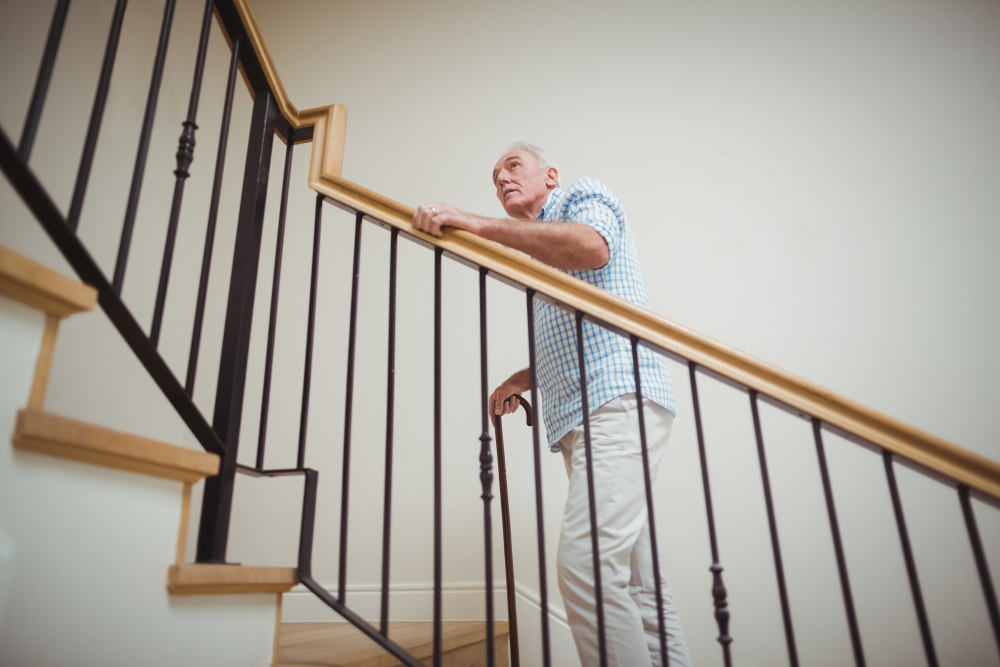
Frequently Asked Questions
What are the primary benefits of home monitoring systems for elderly?
These systems offer safety, independence, and peace of mind for both seniors and their caregivers.
How do home monitoring systems enhance senior independence?
By providing tools for self-monitoring and emergency alerts, seniors can manage their safety, reducing the need for constant supervision.
What factors should be considered when choosing a system?
Consider ease of use, coverage, cost, and the specific needs of the senior to select the most suitable system.
For more information on creating a safe home environment for the elderly, you can visit Our Parents.
This article contains affiliate links. We may earn a commission at no extra cost to you.

